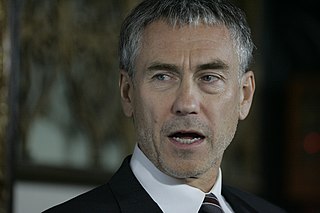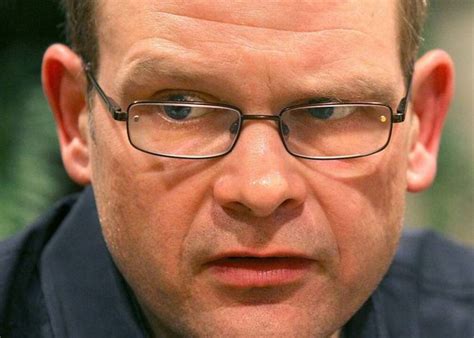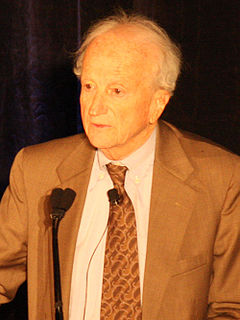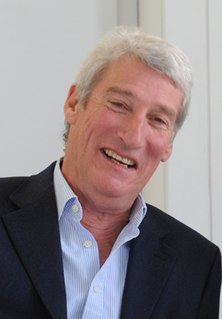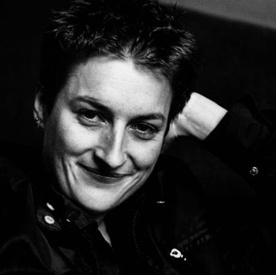A Quote by Tony Gilroy
You have to know human behaviour … And the quality of your writing is absolutely capped at your understanding of human behaviour. You’ll never write above what you know about people.
Quote Topics
Related Quotes
I have neither the learning nor the experience to know whether the doomsayers are right about the human causes of climate change. But I am willing to acknowledge that people who know a lot more than I do may be right when they claim that it is the consequence of our own behaviour. I assume that this is why the BBC's coverage of the issue abandoned the pretence of impartiality long ago.
if you don't keep and guard and mature your force, and above all, have time and quiet to perfect your work, you will be writing things not much better than you did five years ago. ... you must write to the human heart, the great consciousness that all humanity goes to make up. Otherwise what might be strength in a writer is only crudeness, and what might be insight is only observation; sentimemnt falls to sentimentality - you can write about life, but never write life itself.
Until you can become accountable to yourself and only yourself, you're probably not going to live a fully vital life. So much of literature is about accountability. The moral issues in most novels are about people becoming responsible for their own behaviour. One of the forces against being responsible for your own behaviour is the force of the past, in the way that the past tries to form you.
The dialectical critique of positivist habits of mind ... is interested only in behaviour which is 'important' to the actor; that is, behaviour which is emotionally charged to the degree that it is either frequently recalled, reflected upon, or day-dreamed about. ... That science which is less discriminating in the behaviour it chooses to investigate gains clarity and distinctiveness at the cost of confining itself to the trivial.
